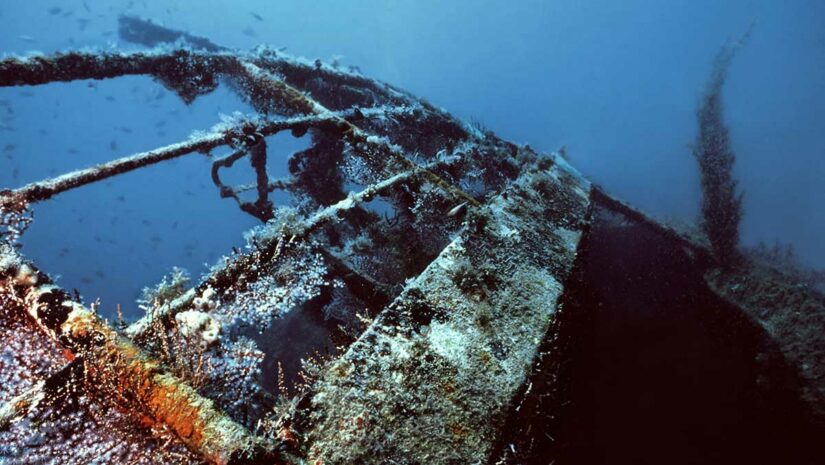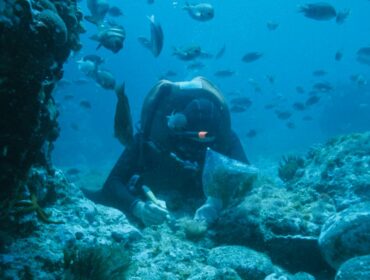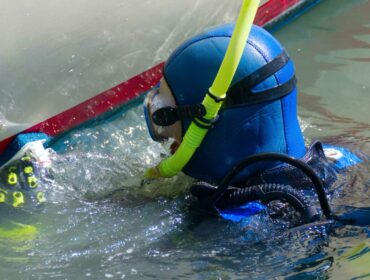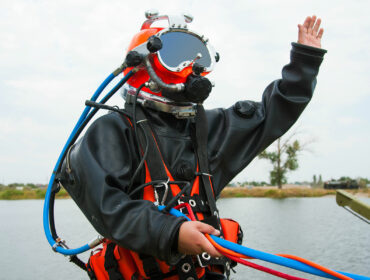If you enjoy exploring the mysteries of the deep sea and are interested in history, you might be interested in the field of underwater archaeology. This exciting career path allows you to research and preserve submerged heritage sites like sunken cities, shipwrecks, and other underwater structures. As an underwater archaeologist, you’ll collaborate with experts in geology, anthropology, and naval architecture to unearth the stories of the past that lie beneath the waves. It’s a field that requires you to have a sense of adventure, a love of history, and a dedication to preservation. If you’re up for the challenge, keep reading to find out how to become an underwater archaeologist.
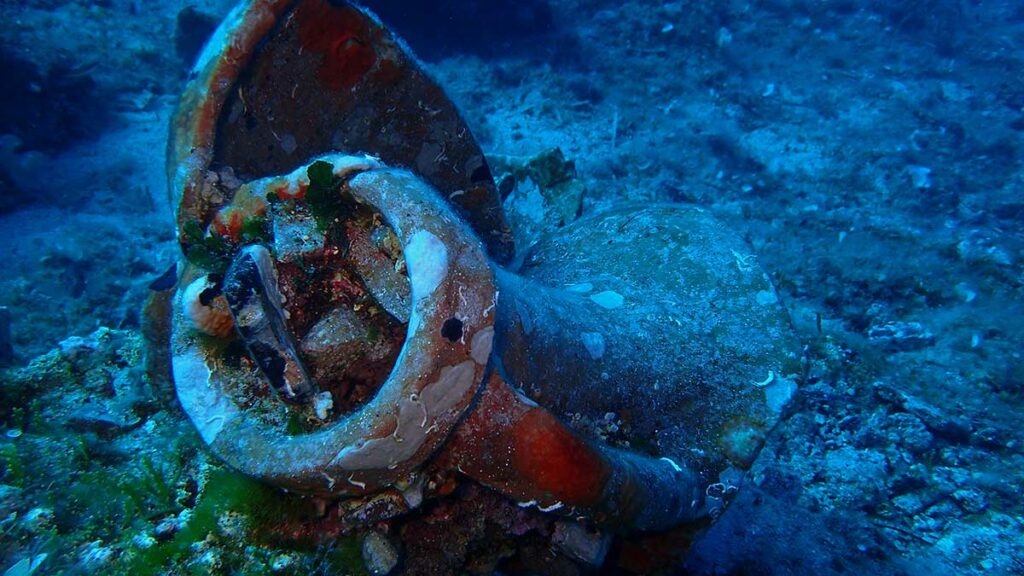
What is Underwater Archaeology?
Underwater archaeology is the study of underwater sites such as sunken cities and shipwrecks. These divers study history, oceanography, and geology to learn more about these locations and what they can teach us about human history. Underwater archeologists explore and document these sites using special tools such as sonar imaging.
Unlike other scuba jobs, underwater archaeology is a niche career which is very study oriented. Scuba diving training is merely a means to reach the sites to be studied. Much of underwater archaeology is conducted with standard scuba equipment and the use of simple measuring, mapping, and drawing techniques. Archaeologists engaged in this practice often borrow special methods for working in underwater environments from marine science as well as commercial and military diving.

How to Become an Underwater Archaeologist
Many government agencies, museums, universities, and private consulting firms employ underwater archaeologists. Although career opportunities in underwater archeology are steadily increasing, opportunities for full-time career employment may be limited. Participation in both professional and avocational organizations offer many additional opportunities to become involved in the study and preservation of underwater resources.
A combination of education, experience, and specialized skills is required to become an underwater archaeologist.
Education
To begin, it is important to have a degree in fields such as geology, oceanography, anthropology, and even paleography. These subjects will provide you with a solid understanding of the underwater sites’ environment, history, and culture.
Many universities around the world offer underwater archaeology courses ranging from undergraduate to graduate studies. Underwater archaeology studies are offered in the USA at universities such as the University of Hawaii at Manoa, Texas A&M University, and East Carolina University. Universities in Europe include the University of Oxford in the United Kingdom, as well as the University of Aix-Marseille in France.
Experience
In addition to education, practical experience in underwater archaeology is a must. Participating in fieldwork expeditions, internships, or volunteer programs with organizations focused on underwater archaeology can help you get this experience.
Skills
To be a successful underwater archaeologist, you must have a variety of skills and characteristics. First and foremost, you must enjoy adventure and exploration. You must also love history and have a desire to learn about the past. Excellent communication skills are also very helpful because you will often be working as part of a team.
Another very important characteristic for underwater archaeologists is attention to detail. You must be able to detect subtle differences in the underwater environment, such as changes in sediment or underwater structures. The subtle changes may be important in understanding the site’s history.
It’s essential that you’re physically fit and at ease in the water. This includes the ability to swim and, of course, scuba dive. You will sometimes work in hazardous conditions such as cold water or strong currents. The ability to deal with these challenges is important to succeed in the field of underwater archaeology.
Finally, you must be dedicated to preservation. As an underwater archaeologist, you will work to uncover the stories of the past while also protecting and preserving these sites for future generations. This requires your dedication to ethical and sustainable practices.
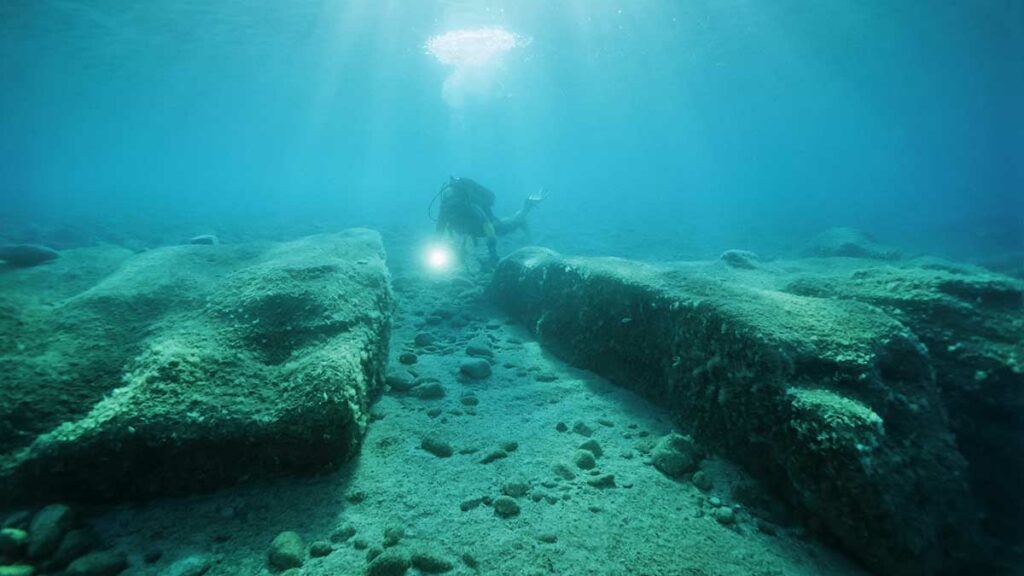
Sites for Underwater Archaeology Dives
There are hundreds, if not thousands, of archaeological sites underwater that can help us understand the past. These sites can be shipwrecks, submerged cities, and underwater caves. These locations can be found all over the world, from the Arctic Sea to the Polynesian islands, and from the Swiss Alps to Florida springs. The Titanic shipwreck, the Antikythera Mechanism, and the Alexandria Lighthouse are among the most well-known underwater archaeological dive sites in the world.
There are hundreds and hundreds of sites underwater that tell a story and can significantly contribute to our understanding of the past to help piece together man’s history. Underwater archaeologists are key to finding such sites, excavating key artifacts and researching their history. Archaeological conservation too is sometimes a part of the work, however many specialize in this field alone.
Conclusion
Becoming an underwater archaeologist is a thrilling and rewarding career path that requires a combination of education, experience, and skills. Pursuing proper education in underwater archaeology, gaining practical field experience, and developing traits such as attention to detail, physical fitness, and a commitment to preservation are all important steps towards a successful career in this fascinating field, allowing you to discover and study the most amazing archaeological sites.
Underwater archaeology combines history, science, and adventure. A career in underwater archaeology may be ideal for those who are interested in the past and the mysteries that lie beneath the water’s surface. You can explore the depths and help uncover the secrets of our underwater heritage with advanced education and diving skills.

